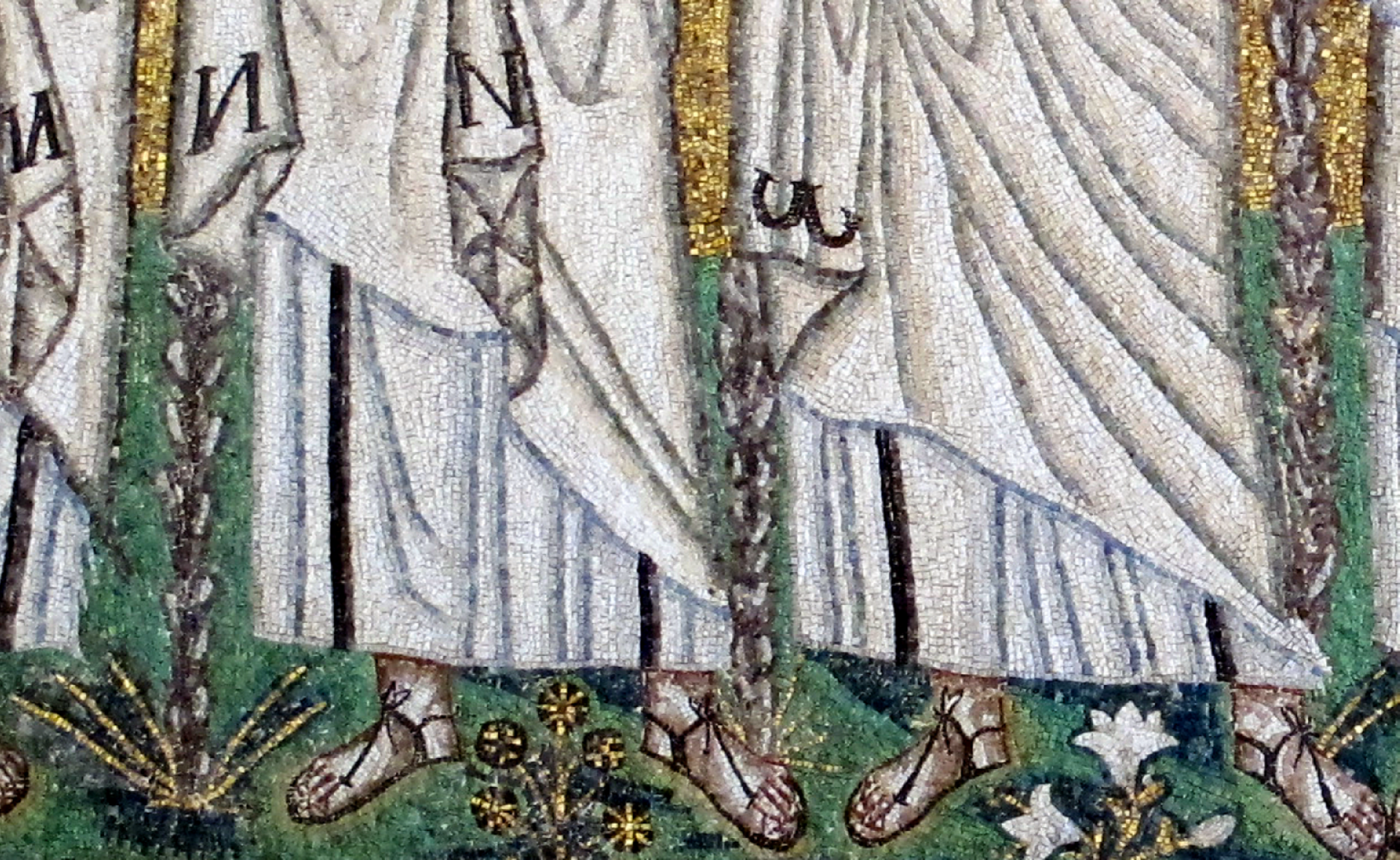10 Treurenberg, 1000

Next lecture in the framework of the Belgian Club of Hungarian Scientists' series:
Roman society is often seen as immobile and the “pope” as an unquestioned authority who has “ruled” the “Roman Church” from the beginnings. But what if Roman society was much more mobile and the “papacy” far less unquestionable? By going back to the largest city of the ancient world, Rome, this presentation will show how mobility and migration shaped Christian identity and institutions in the early third century CE.
András Handl is FWO Senior Postdoctoral Fellow at the Research Unit History of Church and Theology, Faculty of Theology and Religious Studies, KU Leuven, Belgium. András currently works on religious aspects of migration and mobility to the city of Rome in Late Antiquity and Early Middle Ages. He is invited co-editor of the special issue of the Jahrbuch für Antike und Christentum to ‘Migration: Rhetoric and Reality in Late Antiquity.’ He is also initiator and Principal Investigator of a multidisciplinary research project (re)examining the Hippolytus-statue, the earliest known Christian(ized) free-standing three-dimensional sculpture funded by the Research Foundation Flanders (FWO). More broadly, his research explores the relations between Christians and the City of Rome, history of papacy, the cult of saints, martyrs, and relics, and in material remains of (early) Christianity. Over the years, András has successfully acquired a number of prestigious fellowships and conducted research at several renowned institutions in Germany, Italy, Sweden, Switzerland, Turkey, and United Kingdom.
